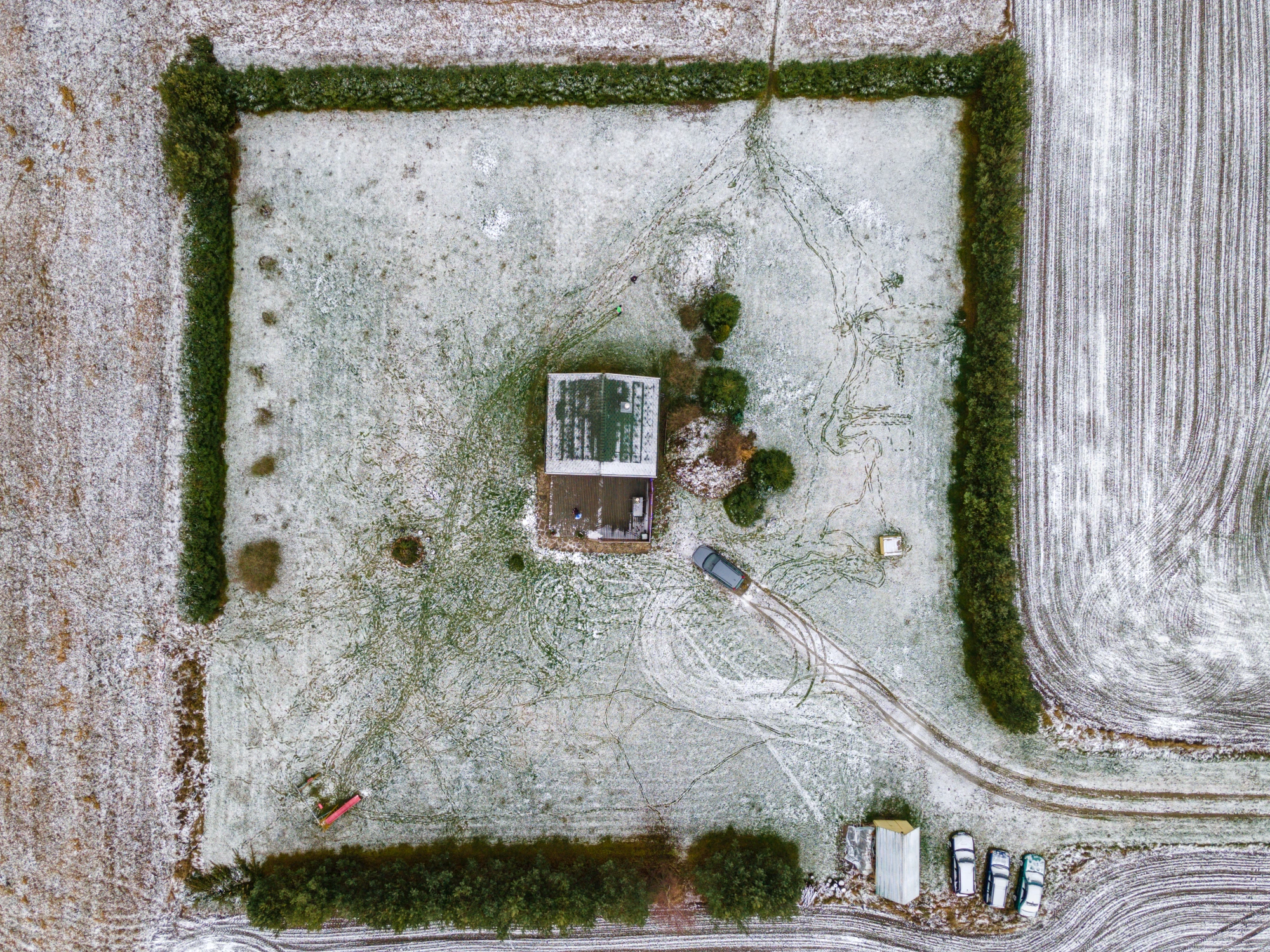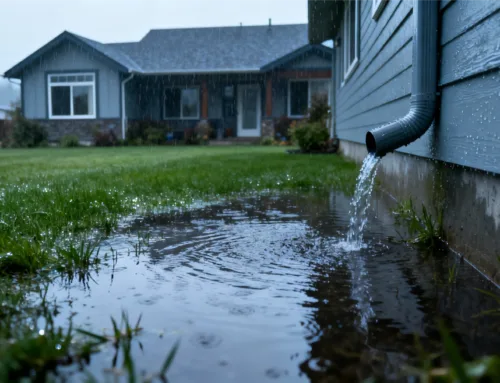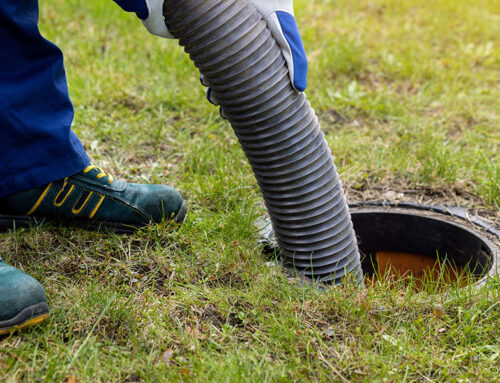Top 3 Tips For Keep Your Septic System From Freezing

The Fraser Valley knows cold. When December hits and the frost starts creeping into the ground, your septic system faces threats most homeowners don’t think about until it’s too late. That backup in February? Started with what you didn’t do in November.
1. Get Everything Pumped Before the Ground Hardens
Sludge buildup turns into a solid brick when temperatures drop. Valley Septic handles tank pumping across Abbotsford, Chilliwack, Mission, and the rest of the Fraser Valley, and they’ll tell you the same thing: a tank that’s overdue for service in October becomes a nightmare in January. The bacteria in your system slow down when it’s cold, meaning waste breaks down slower and accumulates faster. Your tank needs room to work. Give it space before winter locks everything in place.
Schedule your inspection now. The crews at Valley Septic know exactly what winter does to these systems because they live here. They see what happens when people wait.
2. Insulate the Vulnerable Points
Your tank sits underground where earth provides natural insulation, but the areas where pipes rise to ground level? Those spots freeze first. The riser covers, the distribution box, anywhere the system comes close to the surface becomes a weak point.
Mulch works. Straw works. Even leaving your grass a bit longer over the drain field creates an insulation layer. Some folks in Hope and Langley throw tarps over problem areas, but organic material breathes better and doesn’t create moisture traps. The goal is keeping frost from penetrating down to your pipes and creating ice dams that block flow.
And here’s something people miss: that water dripping from your kitchen sink keeps liquid moving through cold pipes. A slow, steady trickle during deep freezes prevents stagnant water from turning solid in your lines.
3. Watch Your Water Usage When Everything’s Frozen
Your system processes waste through bacterial action and percolation. Both slow dramatically in cold weather. The drain field where treated water disperses into the soil? That ground freezes solid in the Fraser Valley winter. You’re asking frozen soil to absorb the same amount of water it handles in summer.
It won’t.
Space out laundry loads instead of running five back-to-back. Take shorter showers when the temperature drops below zero. Run the dishwasher before bed so the system processes water gradually overnight instead of handling everything during peak morning hours. Small changes in how you use water prevent the system from getting overwhelmed when it’s already working at reduced capacity.
Valley Septic offers 24/7 emergency response for when things go sideways, but you don’t want to need it. Their grease trap service and inspection work exists for the same reason: catching problems before they become disasters. The septic calculator on their site helps you figure out if you’re pushing your system too hard for its size.
Winter preparation isn’t complicated, but it’s absolutely necessary in this region. The difference between a functioning system and a backed-up mess often comes down to what you did in the fall. The ground doesn’t care that you forgot. Neither does your septic tank.




